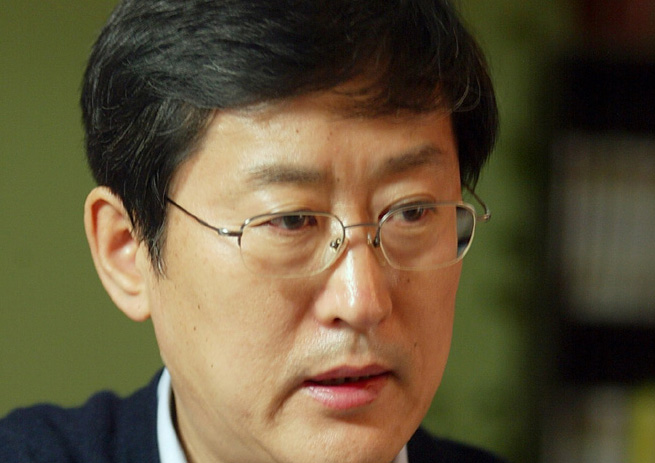HAN DAYUAN: Law study in China responds to new problems

2014 marked China’s 60th anniversary of the Chinese Constitution and the National People’s Congress system, both of which represent milestones in the nation’s legal development. The Fourth Plenary Session of the 18th CPC Central Committee held in November called for further construction of the rule of law, which put forward new topics for legal research.
To begin with, the Internet has permeated people’s daily lives, exerting a great impact on the view of law and the existing legal systems. Law experts are focusing on new legal issues brought by information technology and the Internet, such as legislation governing online activities, penal regulations against rumors and punishment of data-related crimes.
Recognizing that law should respect the dignity and value of people, law scholars are paying attention to the subjectivity of personal views while embracing technical progress. They remain aware of threats to people’s dignity and endeavor to strike a balance between freedom and order. It is important to explore ways to establish a concept of rule of law that is appropriate for the Internet age and upholds basic values and perspectives.
For a long time, excessive stress has been laid on a differentiation between branches of law, resulting in the fragmentation of legal knowledge. In 2014, the interdisciplinary approach became popular, enhancing the explanatory power of legal research. For instance, in compiling the civil code, scholars in the fields of civil law, legal principle and the history of legal systems established a new system of knowledge that has become a tradition of legal culture in this regard. In cases involving unjust, false or wrong charges, death penalty cases in particular, experts are looking to different disciplines of law to analyze relationships among legal principle, regulation and the reality.
China also celebrated its 10th anniversary of incorporating human rights into the Constitution. The value of human rights has great influence on rule of law. Faced with the complicated legal problems that have arisen during the transitional period, all branches of law have shouldered the responsibility of showing humanistic concern and released research findings on human rights and other basic rights.
Also, they recognized the importance of knowledge integration and interdisciplinary research to update the forms of traditional rights. For instance, some put forward the concept of the right to food safety, which involves legislating related criminal laws, publishing related information and introducing a compulsory liability insurance system.
In terms of judicial reform, legal scholars have discussed the operating mechanism of judicial power, the top-level design of judicial reform and the structure of the court.
Research methods have become diversified, making legal studies more professional. In particular, dogmatics and hermeneutic are applied to legal research, improving the interaction between regulation and reality and easing the conflicts between them. The two methods are being applied to other branches of law in addition to constitutional and criminal law.
In 2015, I think the legal studies will focus on law enforcement based on law application and interpretation. And it will continue to contribute theories on establishing rule of law and guiding social values.
Han Dayuan is the dean of the Law School at Renmin University of China.
